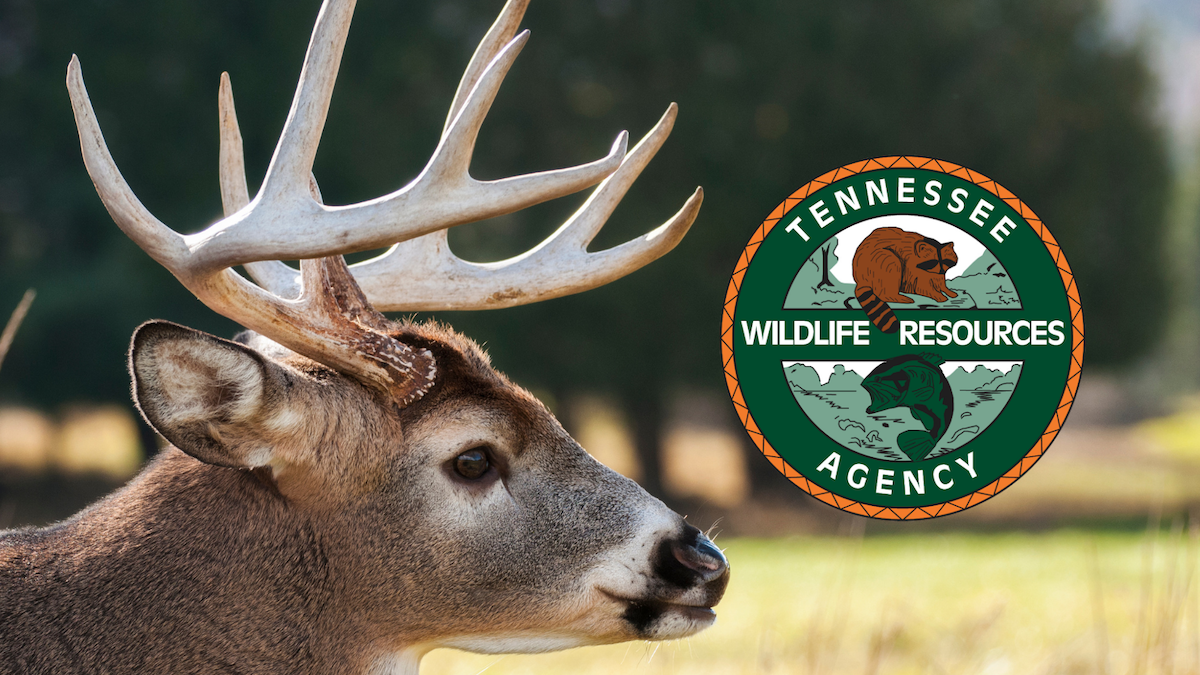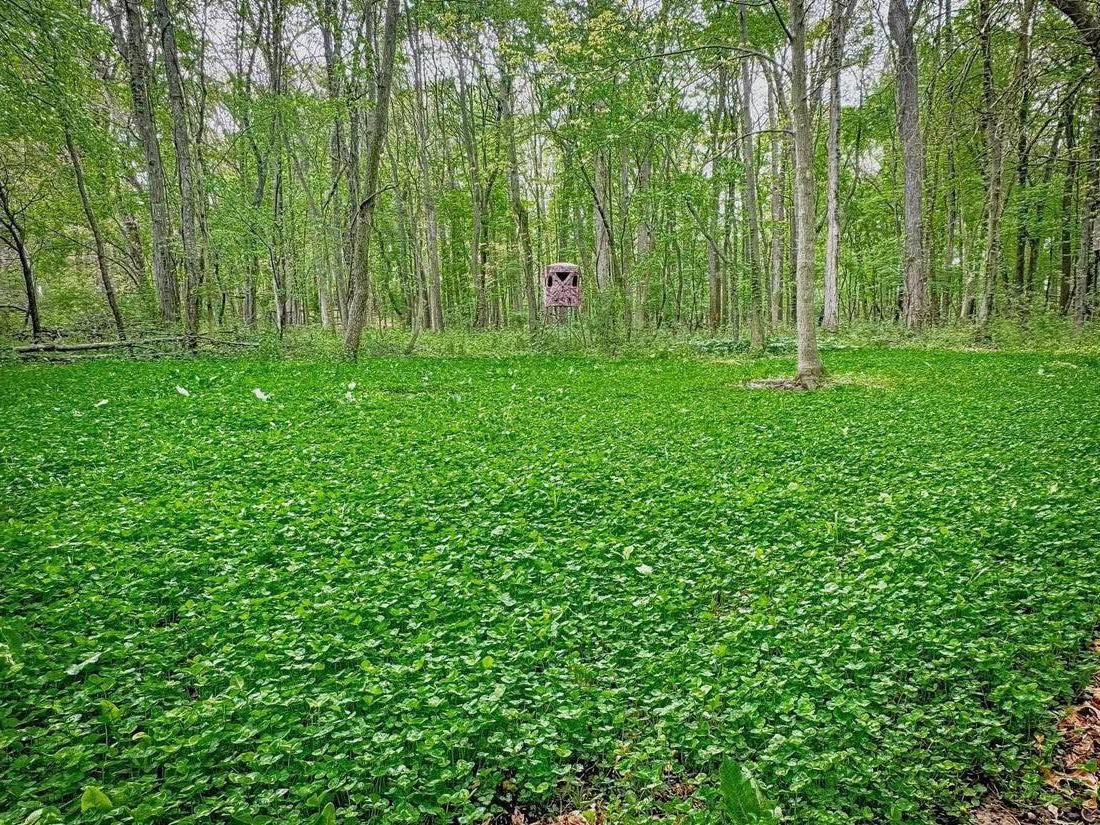
Keith Lusher 05.26.25

Tennessee hunters will quickly have a brand new possibility of their pursuit of whitetail deer after lawmakers formally authorized baiting laws on Might 9, 2025. The newly handed regulation creates a particular “deer bait privilege license,” permitting hunters to legally use bait when searching on non-public land.
House Bill 938, launched by Consultant Caplan, establishes a charge construction of $50 for residents and $100 for non-residents. All hunters in a celebration searching over bait will likely be required to buy this license, even these usually exempt from customary searching license necessities.
The Tennessee Wildlife Assets Company (TWRA) now has the authority to control acceptable bait sorts, portions, and utilization circumstances, with guidelines anticipated to be in place by August 1, 2026. Importantly, the company retains the ability to droop baiting privileges with out refund if vital to stop illness unfold amongst wildlife populations.

Presently, baiting wildlife is mostly prohibited in Tennessee; this new regulation creates a selected exception for deer searching with the correct license. Violations will likely be categorised as a Class C misdemeanor.
The invoice generated debate throughout the searching group and amongst wildlife administration professionals earlier than its passage. Throughout a Home Agriculture & Pure Assets Committee assembly on March 25, a number of considerations have been raised about potential ecological and moral implications.
Some lawmakers voiced worries about elevated illness transmission dangers amongst deer populations the place baiting happens. Others questioned whether or not baiting undermines conventional searching abilities and practices.
Property Rights Debate
The brand new licensing requirement has sparked vital pushback from some hunters and landowners who query why the state didn’t merely legalize baiting on non-public property with out the extra charges.
“If baiting deer by yourself land goes to be authorized, why ought to landowners and hunters should pay further for that proper?” mentioned John Baker of Giles County. “This looks like one other instance of presidency overreach, making a income stream the place one shouldn’t exist.”
Critics argue that wildlife administration on non-public property ought to include fewer restrictions, not extra prices. Some level out that neighboring states have taken completely different approaches, both prohibiting baiting completely or permitting it with out particular licensing charges.

Supporters counter that the licensing system will fund vital illness monitoring applications and assist wildlife officers observe the place baiting happens, probably essential info if wildlife well being points emerge. TWRA officers word that the charges will help enhanced conservation efforts particularly associated to whitetail deer habitat and inhabitants administration.
Consultant Caplan defended the proposal all through the legislative course of, arguing it establishes a regulated framework that permits for higher monitoring of wildlife well being and habits whereas offering extra choices for hunters on non-public land.
The regulation will take impact July 1, 2025, giving the state time to develop the licensing and regulatory infrastructure. This vital change to Tennessee searching laws represents a part of a broader dialog occurring throughout many states about balancing searching traditions with fashionable practices and wildlife conservation efforts.
Trending Merchandise












